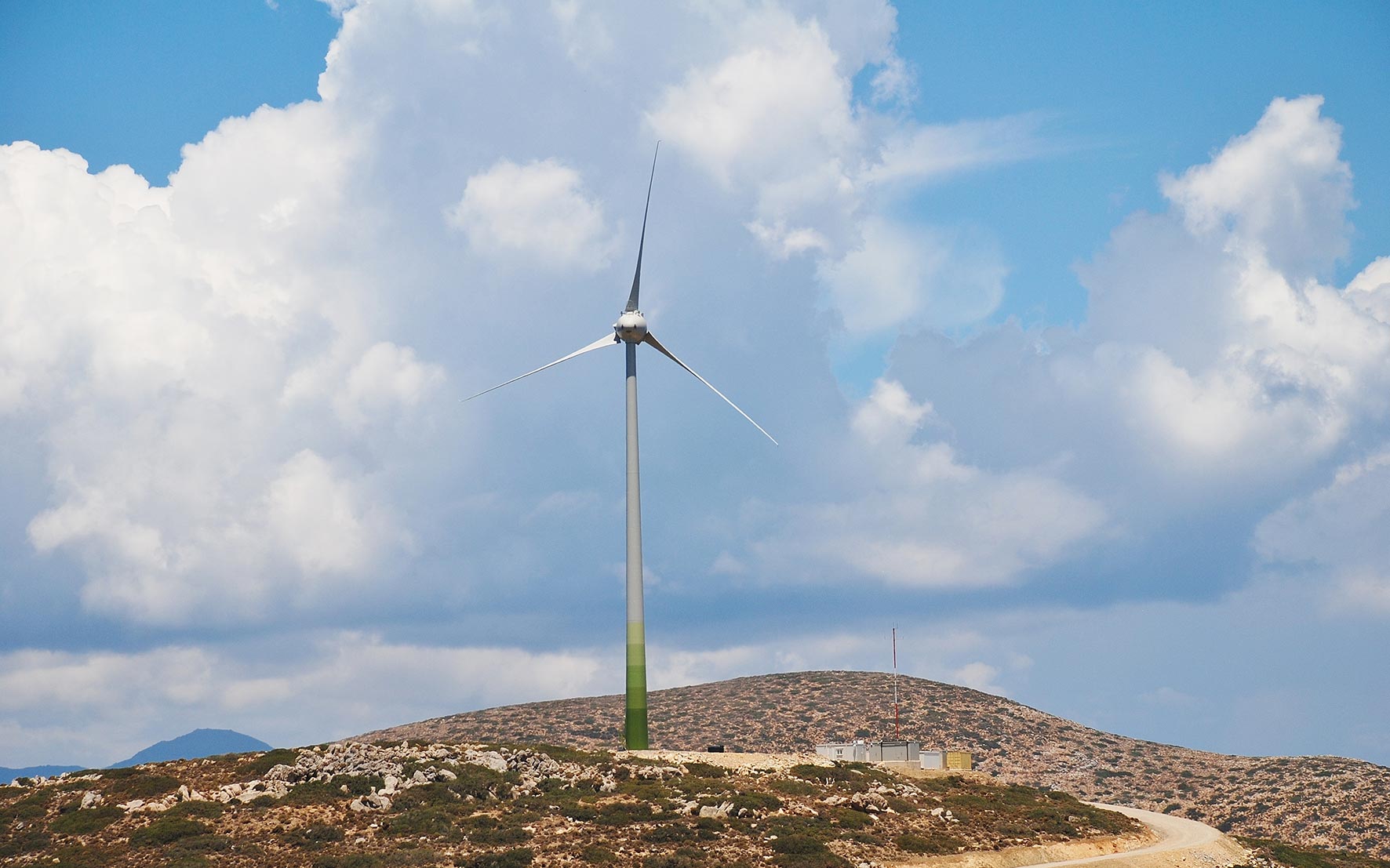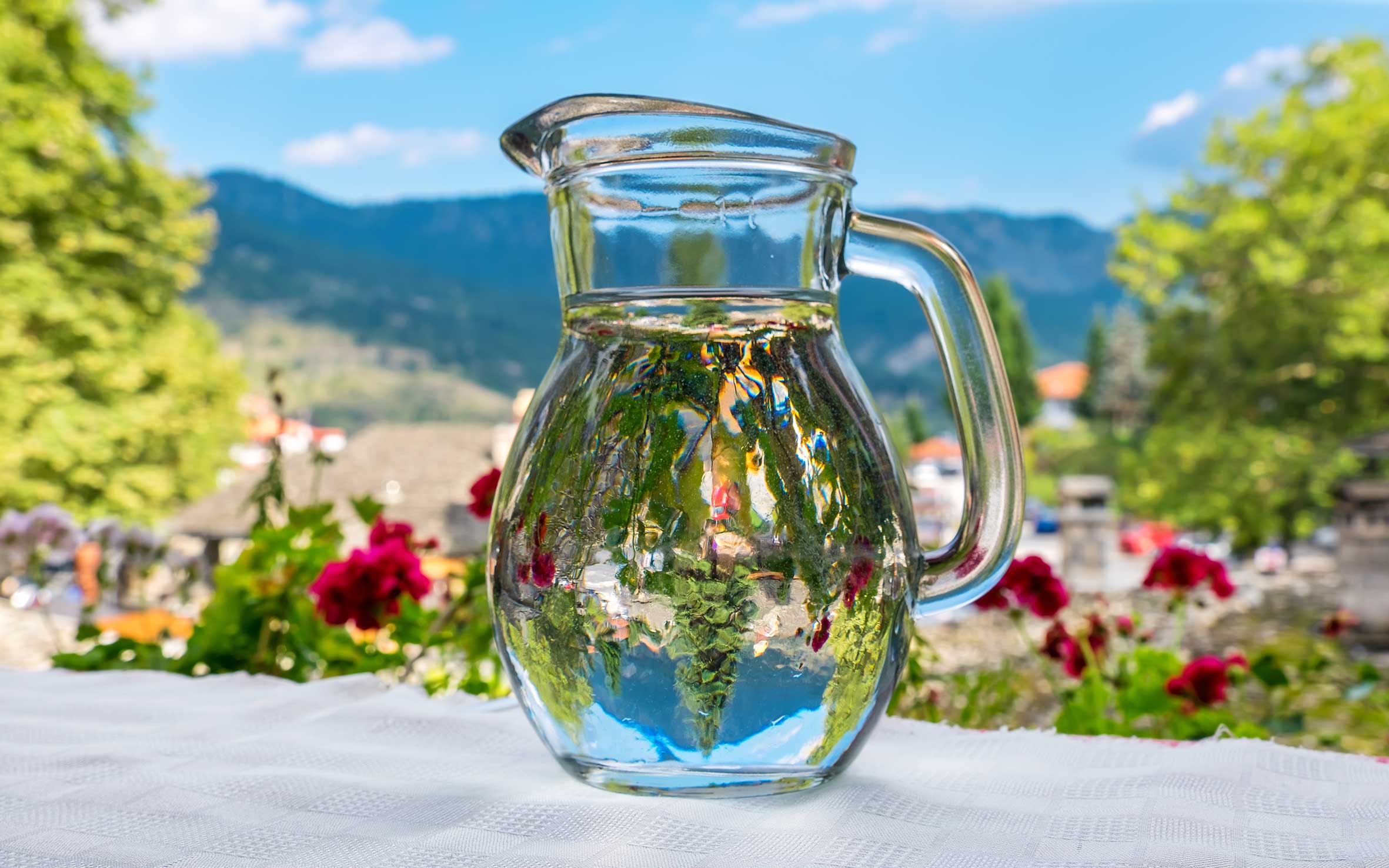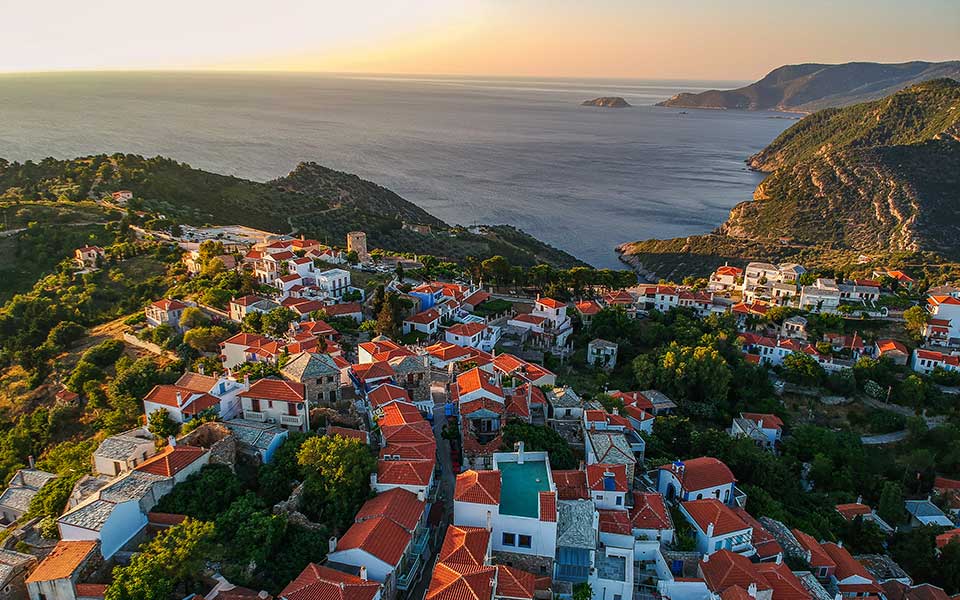Over the past decade, Greece has made significant strides in developing sustainable tourism as a key pillar of its economic growth strategy. Renowned for its rich history, stunning landscapes, and vibrant culture, the country has recognized the urgent need to balance the economic benefits of tourism with environmental and cultural preservation.
To that end, the Association of Greek Tourism Enterprises (INSETE) has compiled a report based on the research findings of the Considerate Group, containing 21 proposals for the promotion of sustainable tourism development. The proposals are classified according to four main axes: the diversification of the tourism product, the promotion of cooperation and the dissemination of best practices, the alignment of the tourism strategy aimed at a purely positive impact, and the monitoring of the country’s progress towards these goals.
In addition, the proposals include assessing the degree of integration of the circular economy into tourism sector activities, examining transport infrastructure with a view to finding sustainable solutions, facilitating multilateral cooperation at local levels, especially within municipalities, and developing and promoting less visited areas by creating local destination management organisations.
At a recent exhibition, the Secretary General of the Greek Tourism Confederation (SETE) and President of INSETE, George Vernikos, pointed out that “the goal is for tourism, which is the engine of the Greek economy, not only to monitor developments, but to become a factor of positive change” and that “large companies are already incorporating E-S-G (Environment – Society – Governance) criteria into their strategy, but it is important to strengthen the sector as a whole in order to form a common perception of sustainable development.”

© Shutterstock
Diversification
In order to diversify the tourism product in Greece, the INSETE report proposes to strengthen and promote destinations with rich biodiversity, extend the tourist season to include destinations outside the summer months, and promote alternative activities beyond the usual “sun and sea.”
In an effort to disperse the economic benefits of tourism more evenly, the sector in Greece has been embracing the concept of “slow tourism.” This approach encourages visitors to explore beyond the popular tourist hotspots, promoting a more authentic and immersive travel experience. By diversifying the destinations that tourists visit, the economic impact is spread across various regions, reducing the strain on heavily frequented areas and preventing overtourism. This not only protects delicate ecosystems but also ensures a more sustainable and resilient tourism sector.

© Shutterstock
Best Practises
In order to seek partnerships and disseminate best practices, INSETE seeks to prioritize the enhancement and promotion of existing initiatives through the dissemination of best practices, including funding models and the support of environmental education with the aim of raising awareness and understanding of E-S-G issues.
Education and awareness campaigns are known to be instrumental in promoting responsible tourism practices among visitors, informing tourists about the importance of respecting local cultures, ecosystems, and historical sites. Tourists are encouraged to minimize their environmental impact, support local businesses, and engage in responsible travel behaviors. This emphasis on education creates a more conscious and responsible tourist demographic, contributing to the long-term sustainability of the industry.
Another strategy has been the promotion of eco-friendly practices and the integration of renewable energy sources. In recent years, Greece has invested heavily in eco-certifications for accommodations, ensuring that hotels and resorts adhere to environmentally conscious standards. Many establishments have adopted energy-efficient technologies, waste reduction measures, and water conservation practices. Additionally, the Greek government has incentivized the use of renewable energy in the tourism sector, encouraging businesses to harness solar and wind power. These efforts not only reduce the carbon footprint of the industry but also position Greece as a leader in green tourism.

© Shutterstock
Positive Impact
The third axis focuses on aligning the tourism strategy with the path towards a purely positive impact. Its priority is to promote and facilitate the adoption of established sustainable tourism development frameworks.
Furthermore, fostering community engagement must be a mainstay of Greece’s sustainable tourism model. Local communities play a vital role in preserving cultural heritage and protecting natural resources. To empower these communities, Greece is implementing policies that encourage community-based tourism initiatives. These initiatives range from supporting local handicrafts and traditional activities to involving residents in decision-making processes related to tourism development. By ensuring that local communities benefit from tourism, Greece fosters a sense of ownership and pride, making sustainable tourism a collaborative effort.

© Shutterstock
Monitoring and Evaluation
Finally, regarding the monitoring and evaluation of Greece in relation to sustainability issues, INSETE considers that priority should be the evaluation of water consumption with the aim of updating the planning and management of the relevant infrastructure, as well as the preparation of studies to evaluate the sector’s efforts to reduce waste.
The economic implications of Greece’s ongoing commitment to sustainable tourism are substantial. Beyond the immediate financial gains from increased tourist arrivals, the focus on sustainability fosters resilience in the face of global challenges such as climate change and economic uncertainties. The country’s reputation as a sustainable tourism destination attracts environmentally conscious travelers, thereby expanding its market share in the growing global eco-tourism industry. Additionally, the preservation of natural and cultural assets ensures that Greece remains an attractive destination for generations to come, securing a sustainable source of income for the national economy.
With information in Greek from kathimerini.gr.












